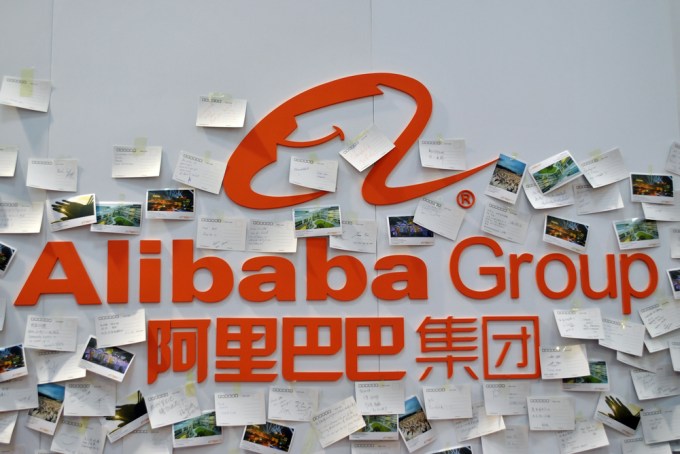The USTR dropped its annual blacklist calling out marketplaces that are rife with counterfeit and pirated goods this week.
Many of the shopping centers and sites listed in this “Special 301” report were absolutely predictable, like Beijing’s Silk Market, St. Petersburg-based social network VK.com, or The Pirate Bay, which was formed by an anti-copyright group in the first place.
One entrant proved controversial, however, Taobao Marketplace, the e-commerce behemoth owned by Alibaba Group.
Today, Alibaba Group CEO Daniel Zhang hit back at the US government office, chalking up the USTR’s decision to list Taobao as a “notorious marketplace” to rising American protectionism.
President elect Donald Trump ran a protectionist campaign. He frequently rails against free trade agreements, outsourcing, and other facets of global trade that he claims have killed jobs in the US.
Alibaba Group CEO Zhang cautioned in an email sent to all employees and published online:
“…Protectionism is ever present around the world and influences that are not free market-oriented come into play. As we accelerate our pace of globalization, certain countries will deploy all sorts of ways to fence themselves off…
We are committed to protecting intellectual property, but will not be bullied by those who exploit the issue for unfair advantage.”
The USTR publishes the Special 301 report each year, in part, to caution consumers who don’t want to buy knockoffs, or pirated apps and content which all too frequently carry malware.
But the report is also used to pressure companies, and governments, to enforce the internationally recognized intellectual property rules that help American businesses compete fairly in global markets.
Alibaba and Taobao had been absent from the list for four years until this week, even though they’d been clashing with French, American and other luxury goods brands earlier this year.
In the spring of 2016, the company was denied a special membership to the International Anti-Counterfeiting Coalition, after protests from fashion industry insiders and IP firms.
 According to Alibaba’s own statements to investors, Taobao’s mobile app alone boasts 150 million daily users, and the marketplace see 20 million product reviews posted daily. Across all of its businesses, Alibaba sold $500 billion worth of goods in 2015, from 10 million merchants who use their platforms.
According to Alibaba’s own statements to investors, Taobao’s mobile app alone boasts 150 million daily users, and the marketplace see 20 million product reviews posted daily. Across all of its businesses, Alibaba sold $500 billion worth of goods in 2015, from 10 million merchants who use their platforms.
In his public statement on Thursday, Zhang recounted efforts the company has taken to thwart pirates and counterfeiters. For example, it has used big data analytics to identify and block problematic sellers, and worked closely with law enforcement to shut down factories and send counterfeiters to prison.
Alibaba Group claims it removed 16 times more links than the number that brands, or their IP attorneys, have reported as infringing on their intellectual property rights this year. That could be because Alibaba’s sites don’t make it easy for brands to file complaints about IP infringements, however.
The USTR, in its report, specifically recommended that Alibaba Group could improve its standing by:
“Simplifying processes for right holders to register and request enforcement action; making good faith takedown procedures generally available; and reducing Taobao’s timelines for takedowns and issuing penalties for counterfeit sellers.”
Besides Taobao, 21 different digital platforms and 12 different physical malls were labeled “notorious marketplaces” by the USTR, selling everything from pirated music, videos, games, and software to counterfeit hardware and luxury goods.
The report also identified an emerging trend around intellectual property theft called “stream ripping,” that’s plaguing the music industry. This is when a site lets users convert a licensed streaming music or other file into an unauthorized copy for download and distribution.
The first site to make the list for this offense was Youtube-mp3.org, which is based in Germany but popular among users in Turkey and Mexico. Youtube-mp3.org saw 4.8 billion visits in 2016, the report says.
